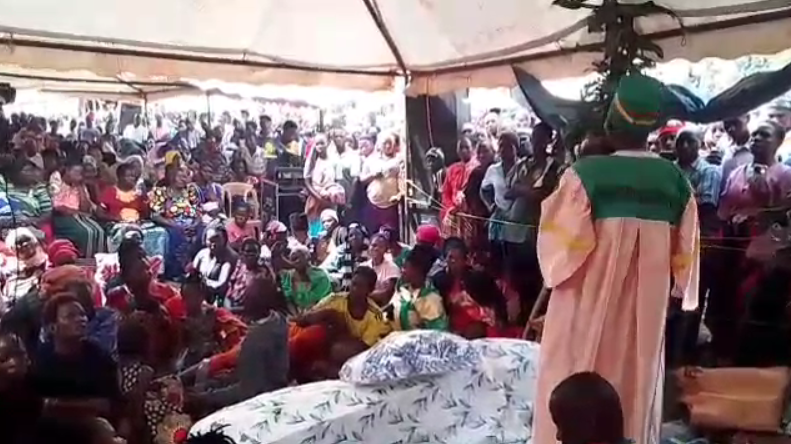Honouring Ancestral Traditions in Burial Rites
In our community, the end of life is not just a moment of sorrow but a sacred passage, marked by rituals that have been practised for centuries. The burial of our people is conducted with deep reverence for the ancestral traditions that connect us to our roots. These rites are more than just ceremonies; they are a testament to our enduring respect for those who came before us and a way to ensure that their spirits are properly guided to the afterlife.
The process begins with the preparation of the body, which is handled with the utmost care. Our traditions dictate specific practices that cleanse and purify the deceased, reflecting the belief that death is not an end, but a transition to another existence. The body is adorned with traditional attire and sometimes accompanied by symbolic items that hold significance in the person's life. These preparations are done by family members and elders, who follow time-honoured customs passed down through generations.
Central to our burial rites is the involvement of spiritual leaders, known as the Jaaja, who play a crucial role in ensuring the ceremonies align with our ancestral beliefs. The Jaaja, often revered figures in the community, lead the prayers, chants, and invocations that call upon the spirits of our ancestors to receive the departed. These rituals are conducted in sacred spaces, often in the presence of family and community members, reinforcing the collective nature of our faith.
The burial itself is a communal event, where everyone comes together to bid farewell. It is a time of both mourning and celebration, as we honour the life lived and the journey ahead. The grave is prepared according to traditional specifications, ensuring that the resting place is sanctified and protected. Offerings, such as food, drink, and symbolic artefacts, are placed with the body, reflecting our belief in providing for the deceased in the afterlife.
In our community, the end of life is not just a moment of sorrow but a sacred passage, marked by rituals that have been practised for centuries. The burial of our people is conducted with deep reverence for the ancestral traditions that connect us to our roots. These rites are more than just ceremonies; they are a testament to our enduring respect for those who came before us and a way to ensure that their spirits are properly guided to the afterlife.
The process begins with the preparation of the body, which is handled with the utmost care. Our traditions dictate specific practices that cleanse and purify the deceased, reflecting the belief that death is not an end, but a transition to another existence. The body is adorned with traditional attire and sometimes accompanied by symbolic items that hold significance in the person's life. These preparations are done by family members and elders, who follow time-honoured customs passed down through generations.
Central to our burial rites is the involvement of spiritual leaders, known as the Jaaja, who play a crucial role in ensuring the ceremonies align with our ancestral beliefs. The Jaaja, often revered figures in the community, lead the prayers, chants, and invocations that call upon the spirits of our ancestors to receive the departed. These rituals are conducted in sacred spaces, often in the presence of family and community members, reinforcing the collective nature of our faith.
The burial itself is a communal event, where everyone comes together to bid farewell. It is a time of both mourning and celebration, as we honour the life lived and the journey ahead. The grave is prepared according to traditional specifications, ensuring that the resting place is sanctified and protected. Offerings, such as food, drink, and symbolic artefacts, are placed with the body, reflecting our belief in providing for the deceased in the afterlife.
